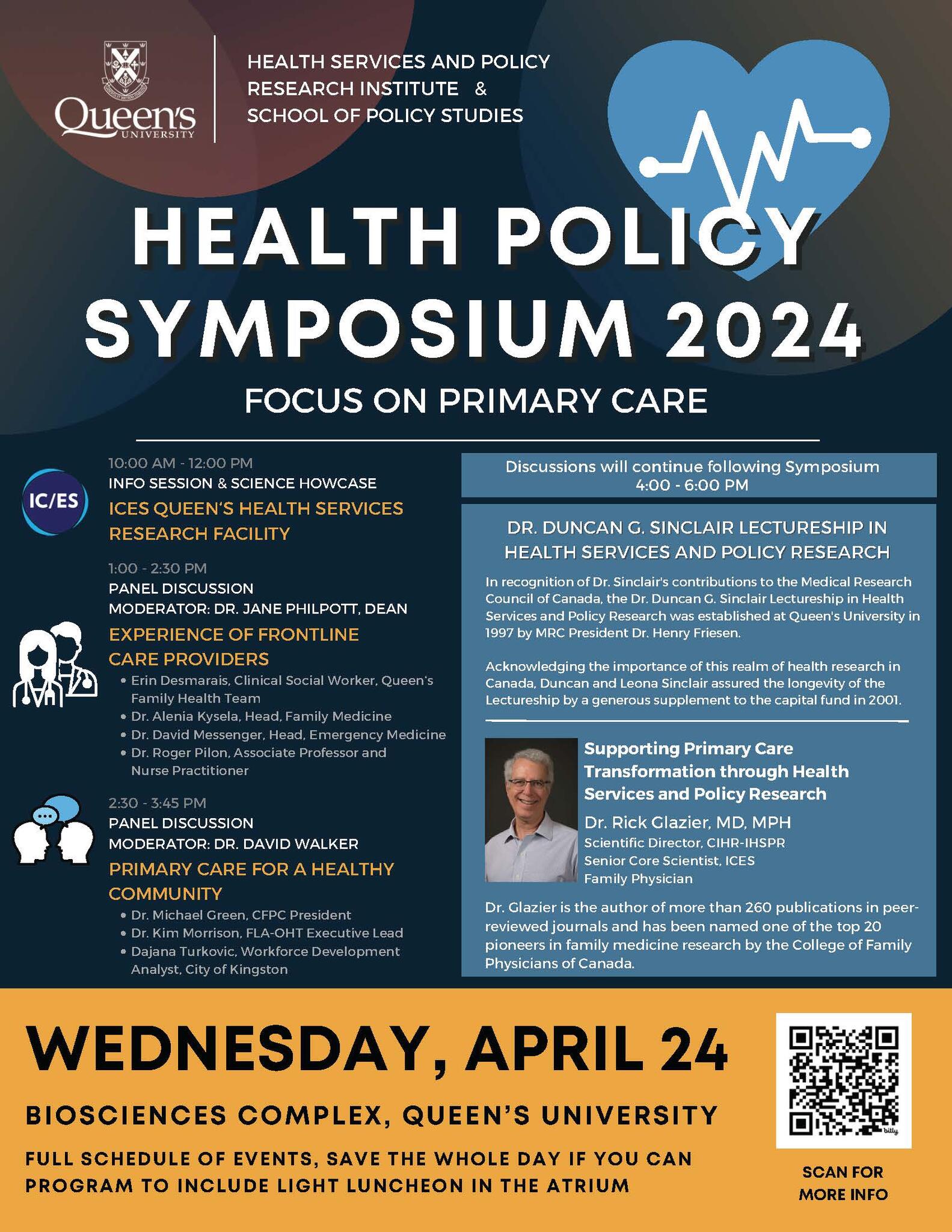Master of Public Administration Information Session
Date
Tuesday March 19, 20245:00 pm - 5:00 pm
Location
Robert Sutherland Hall, Rm 334SCHOOL OF POLICY STUDIES INFO SESSION
Looking to start your career as a leader? Learn more and apply to our one-year Master of Public Administration program. It’s your bridge to a career in public policy and administration, offering you outstanding faculty, opportunities for collaboration and teamwork, study tours, and co-op opportunities to help you transition into the workforce. We will prepare you for entry-level leadership roles in public policy and service - our grads gain positions in government, hospitals, community organizations, and consulting firms across Canada.
Register now to learn more in our online Info Session on Tuesday, March 19 at 5 pm, which will be followed by a drop-in session for those who can make it to campus at 6 pm in Robert Sutherland Hall Room 334.
Zoom registration: https://queensu.zoom.us/meeting/register/tJwscOGqrzMrGtUwIaNuUtBrl2Xqi3iX7mF0


.png)
